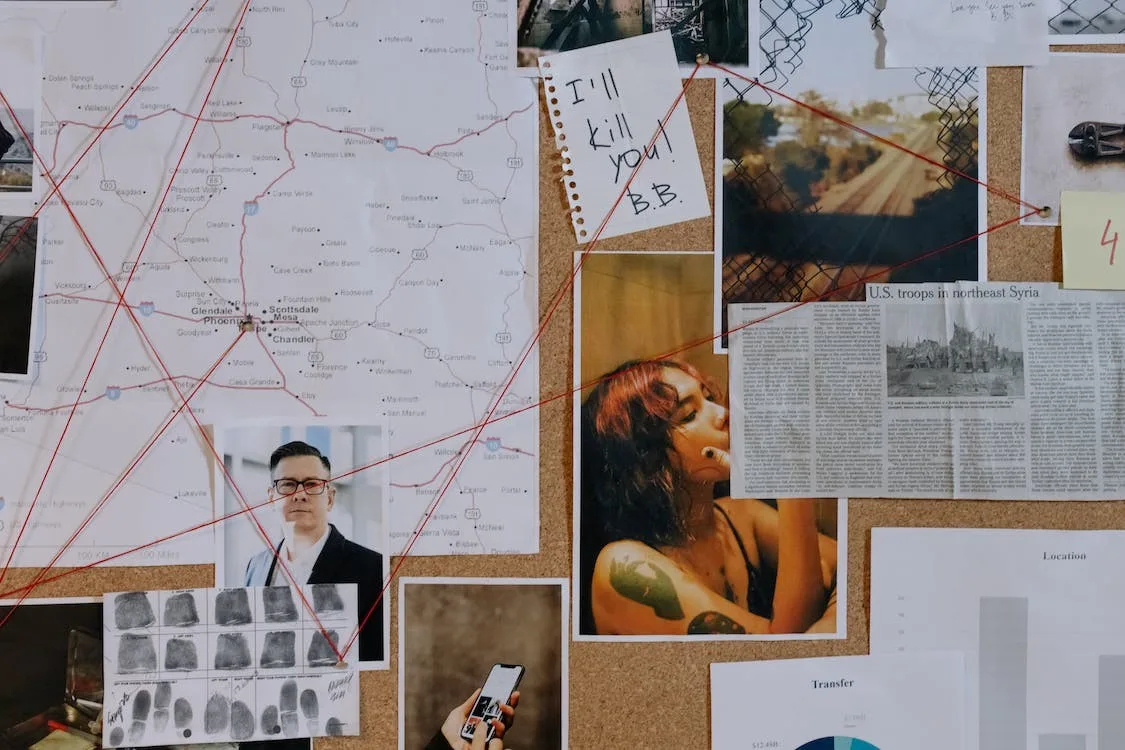Human Trafficking in Europe: A Hidden Crime
Image source: Pexels.com
Hi, dear readers. Today’s topic is human trafficking, a serious and hidden crime that affects millions of people worldwide. Human trafficking is when someone exploits another person for profit, using force, fraud, or coercion. It can involve many forms of abuse, such as sexual slavery, forced labour, organ harvesting, and more. It is a crime that takes away the dignity and rights of its victims.
The Situation in Europe
Europe is a place where human trafficking happens a lot. It is not only a destination for traffickers, but also a source and a transit point. According to Eurostat, the EU’s statistical office, there were 6,534 registered victims of human trafficking in the EU in 2020 . This number is lower than in 2019, but it may not show the real scale of the problem, because many cases are not reported or detected. Also, the COVID-19 pandemic may have affected the data collection and reporting processes, as well as the risk and exploitation of potential victims.
Most of the registered victims in the EU were women and girls (64%), and they were mostly trafficked for sexual exploitation (55%). But there were also other types of exploitation, such as forced labour (33%), forced criminal activities (5%), and forced begging (3%). The victims came from different countries, but more than half of them (59%) were EU nationals .
The traffickers were mostly men (76%), and they often worked in groups or networks. They also came from different countries, but more than half of them (54%) were EU nationals .
The EU’s Response
The EU has been trying to fight human trafficking and protect its victims since 1989 . It has a legal and policy framework that sets common standards for preventing and combating trafficking, protecting and helping victims, and prosecuting traffickers. The main law is the Anti-trafficking Directive , which was adopted in 2011.
The EU also has strategies and action plans that deal with human trafficking from different angles. For example, in 2021, the EU launched a new Strategy on Combatting Trafficking in Human Beings , which focuses on reducing demand, breaking the business model of traffickers, protecting and empowering victims, and promoting international cooperation. The strategy is linked to the EU Strategy to Tackle Organised Crime , which aims to disrupt and dismantle criminal networks involved in various forms of illegal activities.
The EU also works with other international organizations, such as the UNODC , the Council of Europe , and the OSCE , to improve cooperation and coordination at the global level. Moreover, the EU supports various initiatives and projects that aim to raise awareness, provide assistance, and promote best practices among civil society actors, such as NGOs, media, academia, and private sector.
What Can You Do?
You can also play an important role in preventing and combating human trafficking. Here are some tips on how you can make a difference:
- Educate yourself: Learn more about human trafficking and its signs. You can find useful information and resources on websites such as EU Anti-trafficking or UNODC Human Trafficking Knowledge Portal.
- Report suspicious situations: If you see or hear anything that may indicate human trafficking or exploitation in your area or while travelling abroad, contact the authorities or specialized services. You can find contact details for national hotlines or helplines on websites such as EU Anti-trafficking or European Crime Prevention Network.
- Support victims and survivors: If you meet or know any victims or survivors of human trafficking, offer them your help and kindness. You can also support organizations that provide assistance and protection to them, such as La Strada International, ECPAT International, or Caritas Internationalis.
- Choose ethically: Be aware of the impact of your consumption choices on the lives of others. Avoid products or services that may be linked to human trafficking or exploitation, such as cheap clothing, electronics, or sex. You can use tools such as Slavery Footprint or Ethical Consumer to check the ethical rating of different brands and products.
- Spread the word: Use your voice and influence to raise awareness and advocate for change. You can share information and stories about human trafficking on social media, blogs, podcasts, or other platforms. You can also join campaigns and movements that aim to end human trafficking, such as End It Movement, Walk Free Foundation, or Free the Slaves.
Conclusion
Human trafficking is a grave violation of human rights and a serious threat to human dignity and security. It is a global problem that requires a global solution. The EU is committed to fighting human trafficking and protecting its victims, but it cannot do it alone. We all have a responsibility and an opportunity to make a difference. Together, we can end this hidden crime and free the enslaved.





0